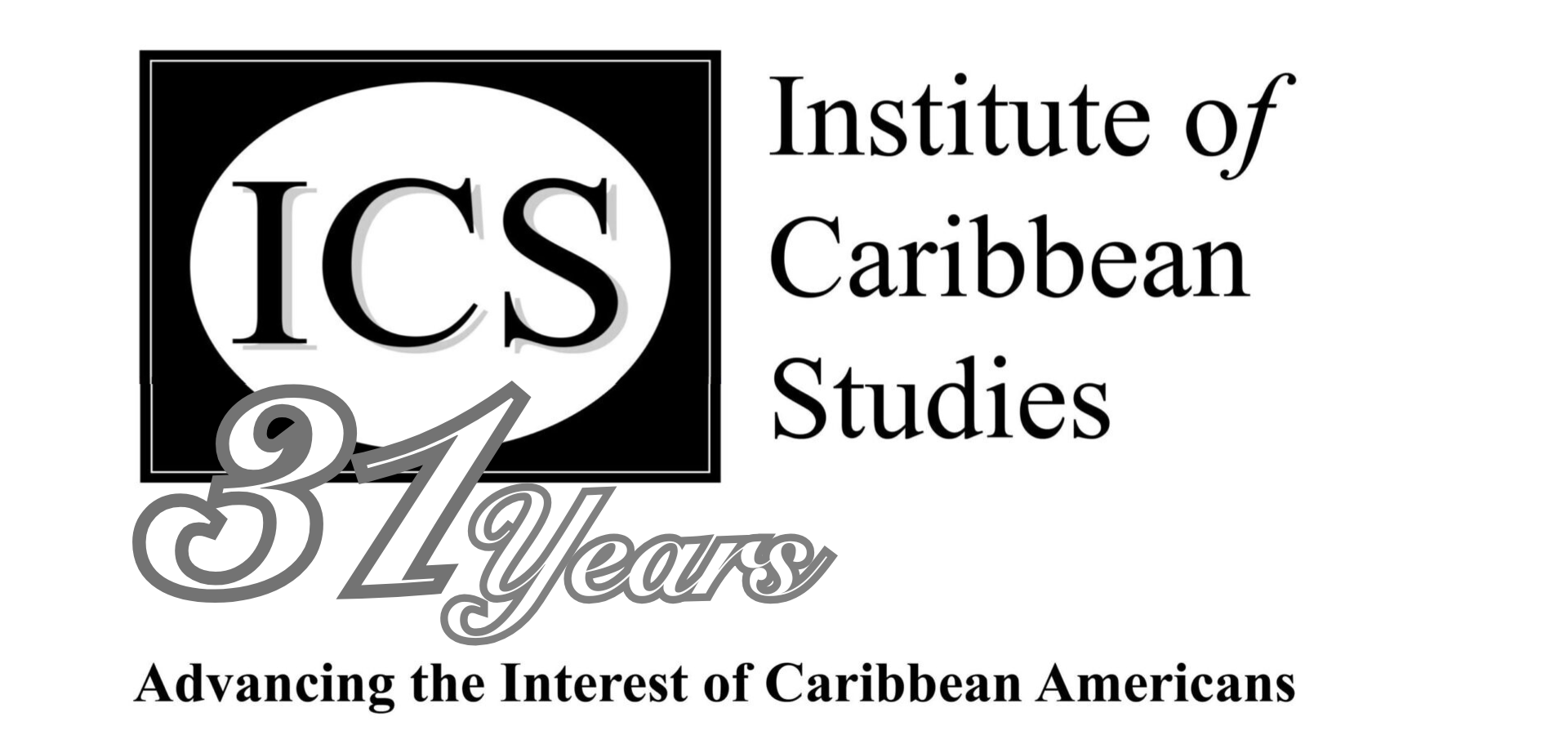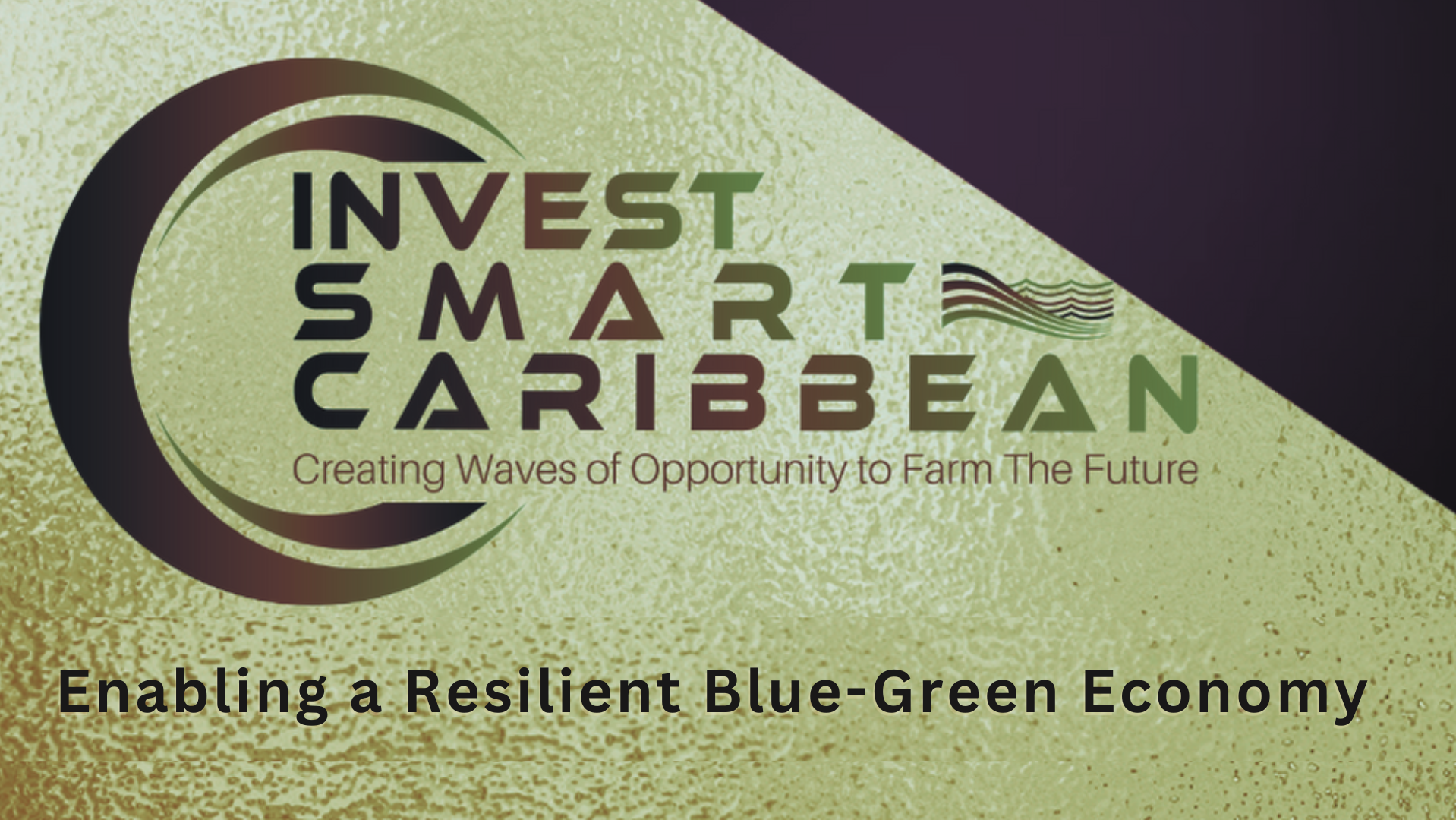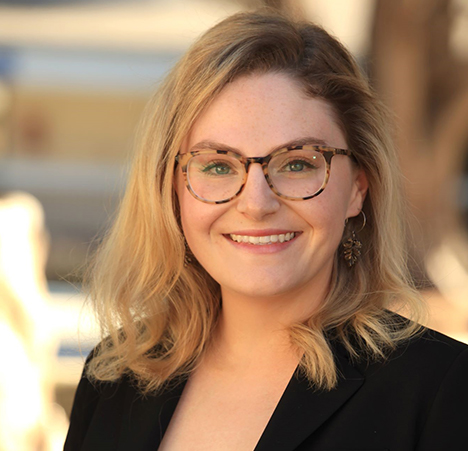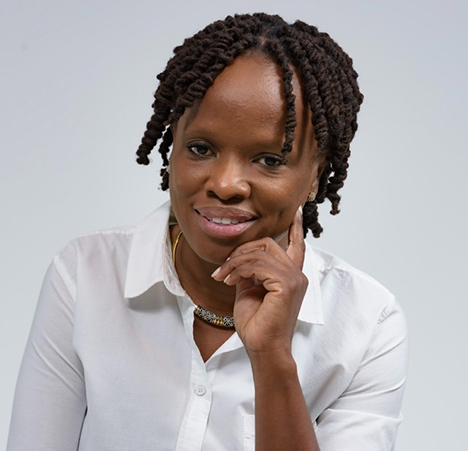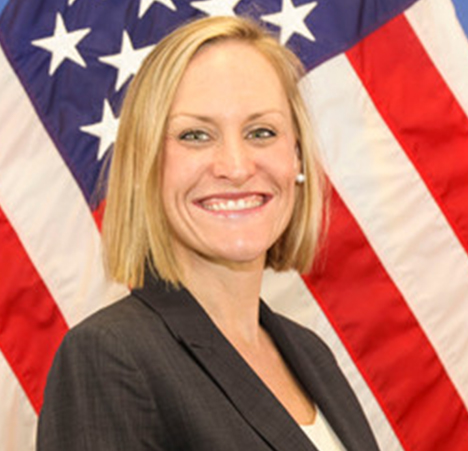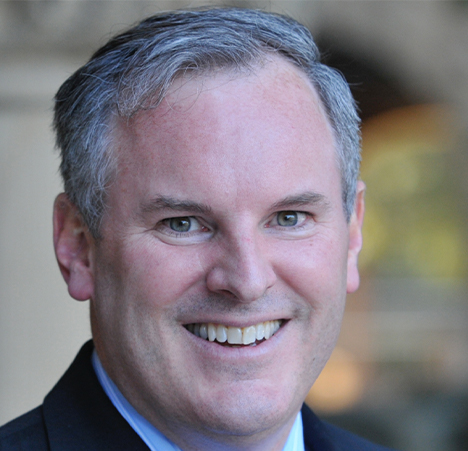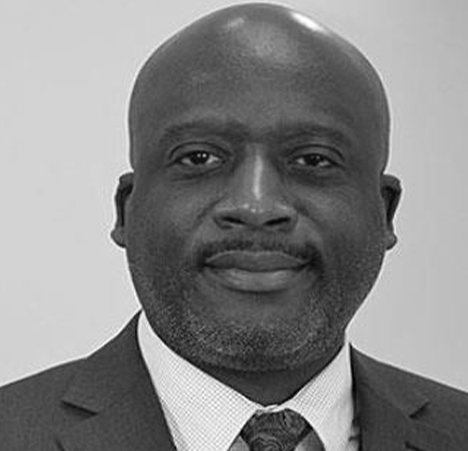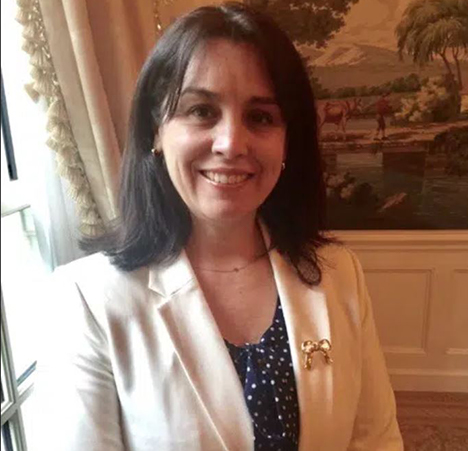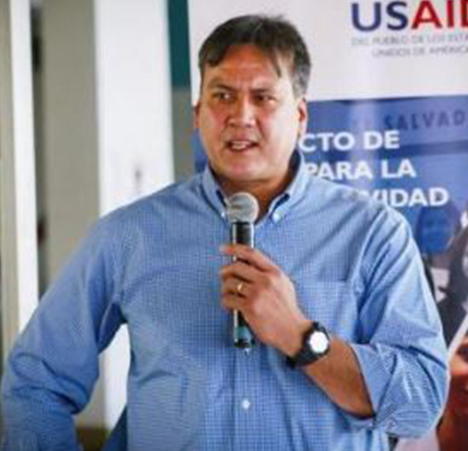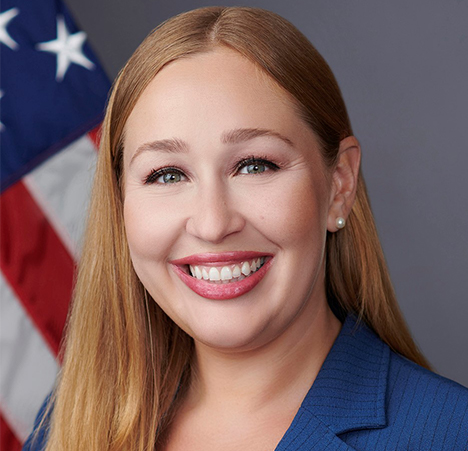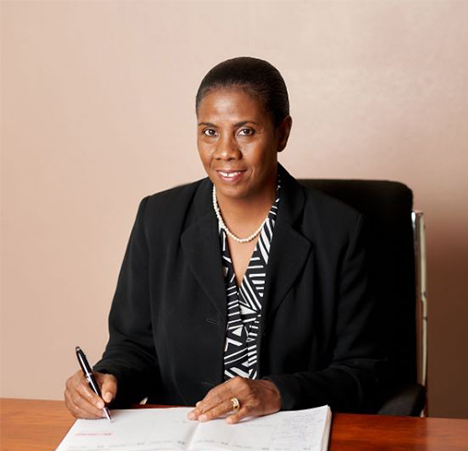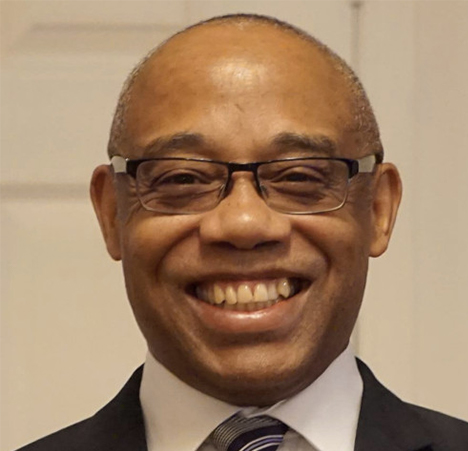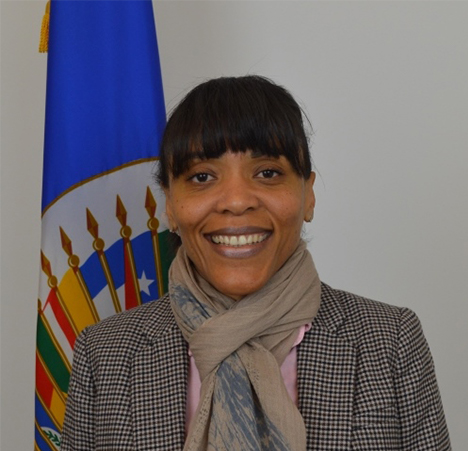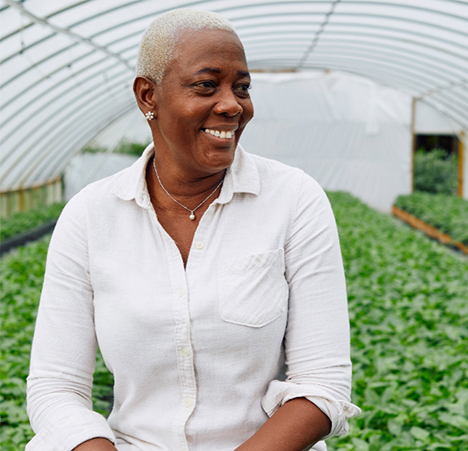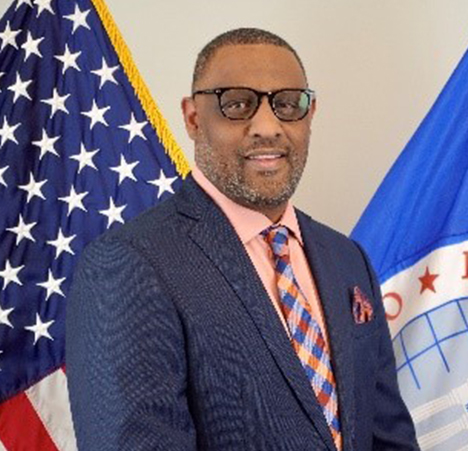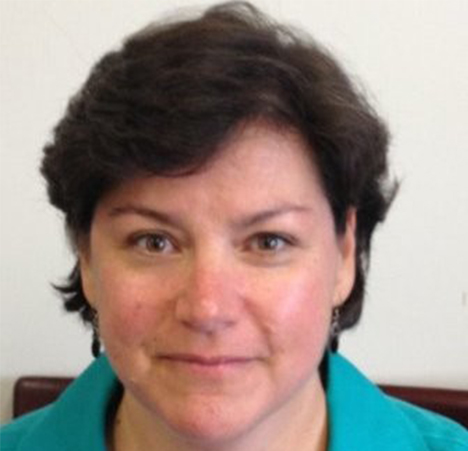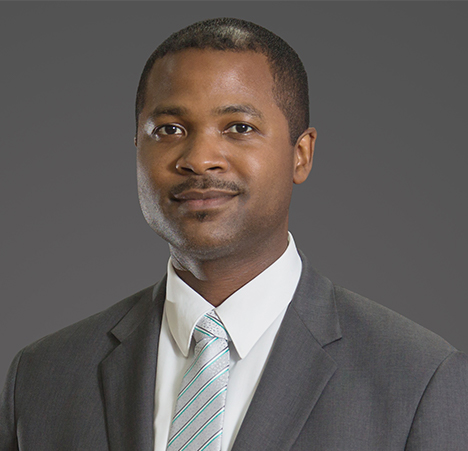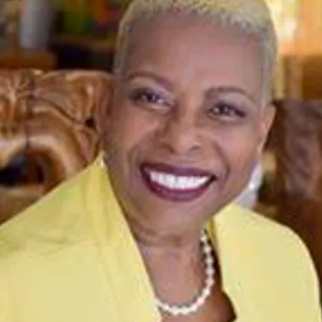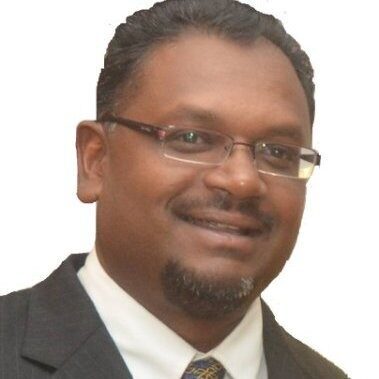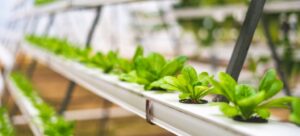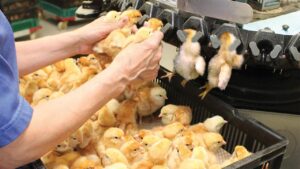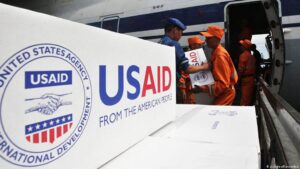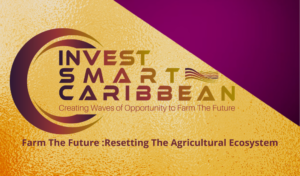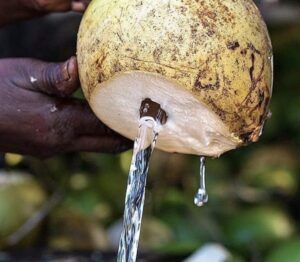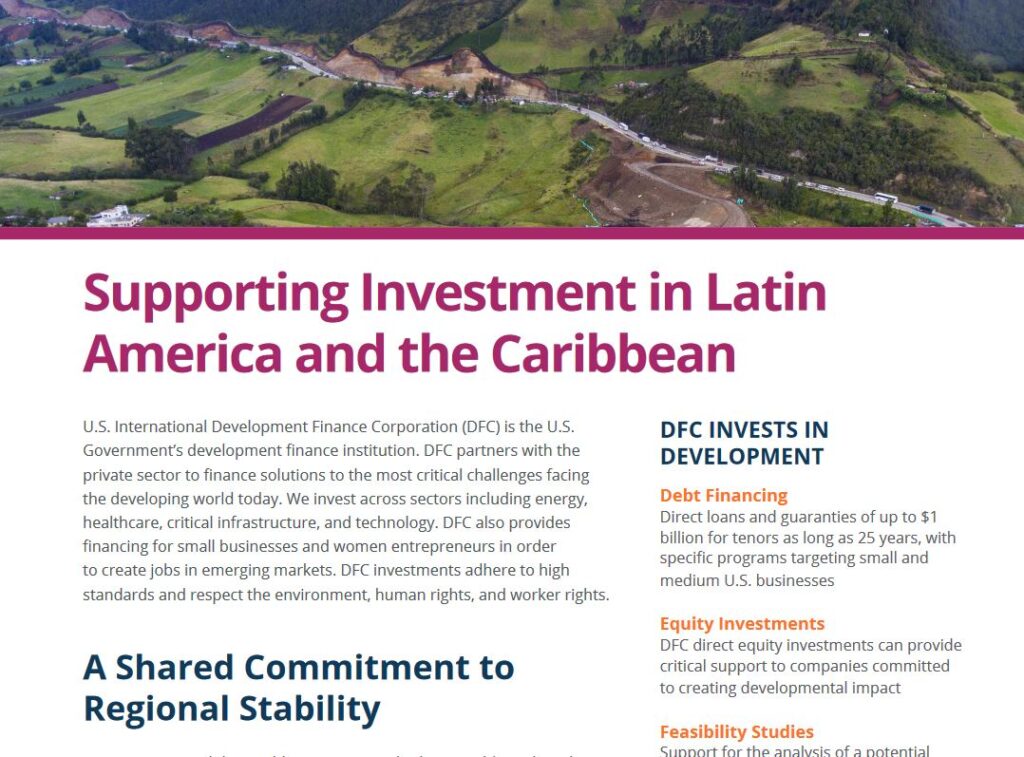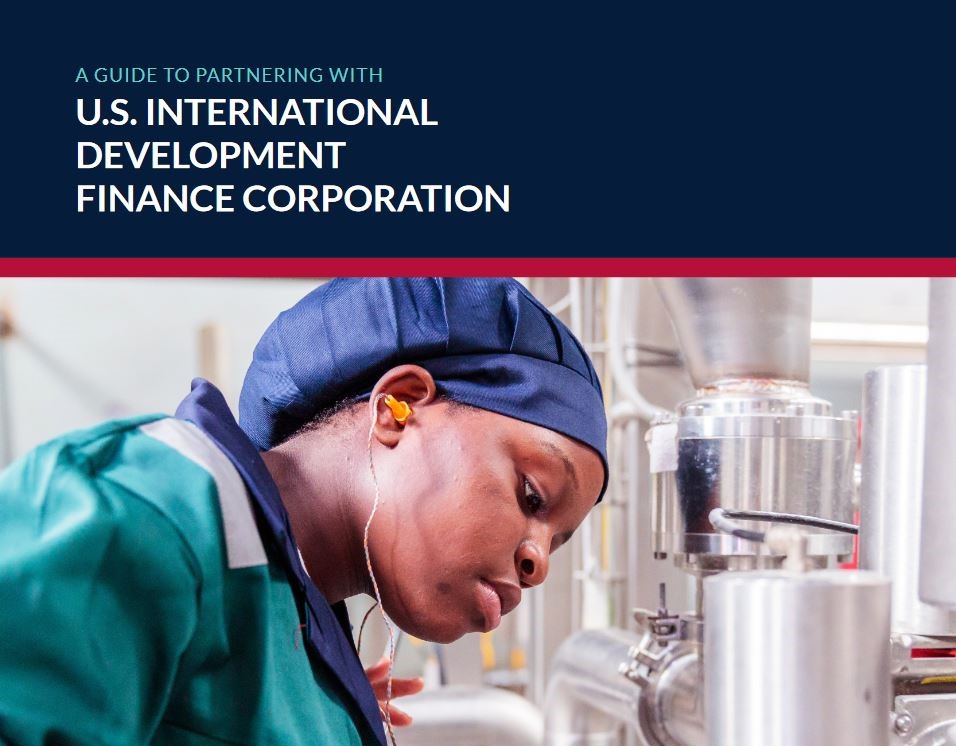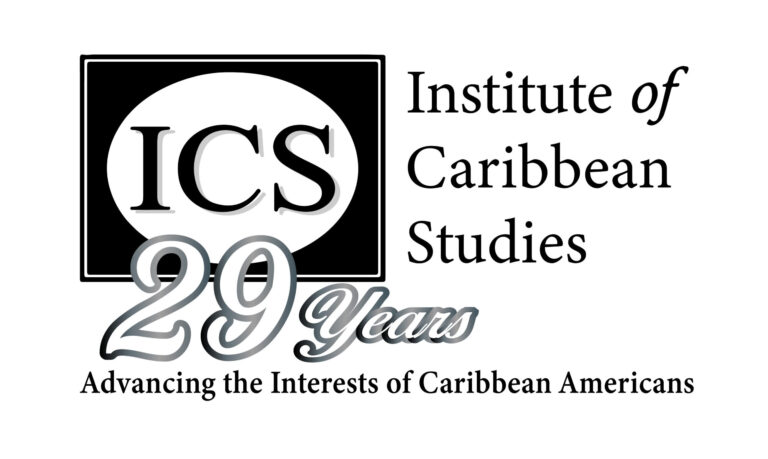WHAT IS SMART CARIBBEAN?
SMART CARIBBEAN is a Framework for accelerating achievement of the UN Sustainable Development Goals in the Caribbean.
It calls for public, private and plural sectors in society to work harmoniously to transition systems to benefit from the power of digital technology in ways that promote inclusive prosperity. It calls for the transition to SMART ISLANDS | SMART CITIES | SMART COMMUNITIES. It enables the Caribbean transition to a circular economy and optimal management of the most valuable regional public good – the Caribbean Sea.
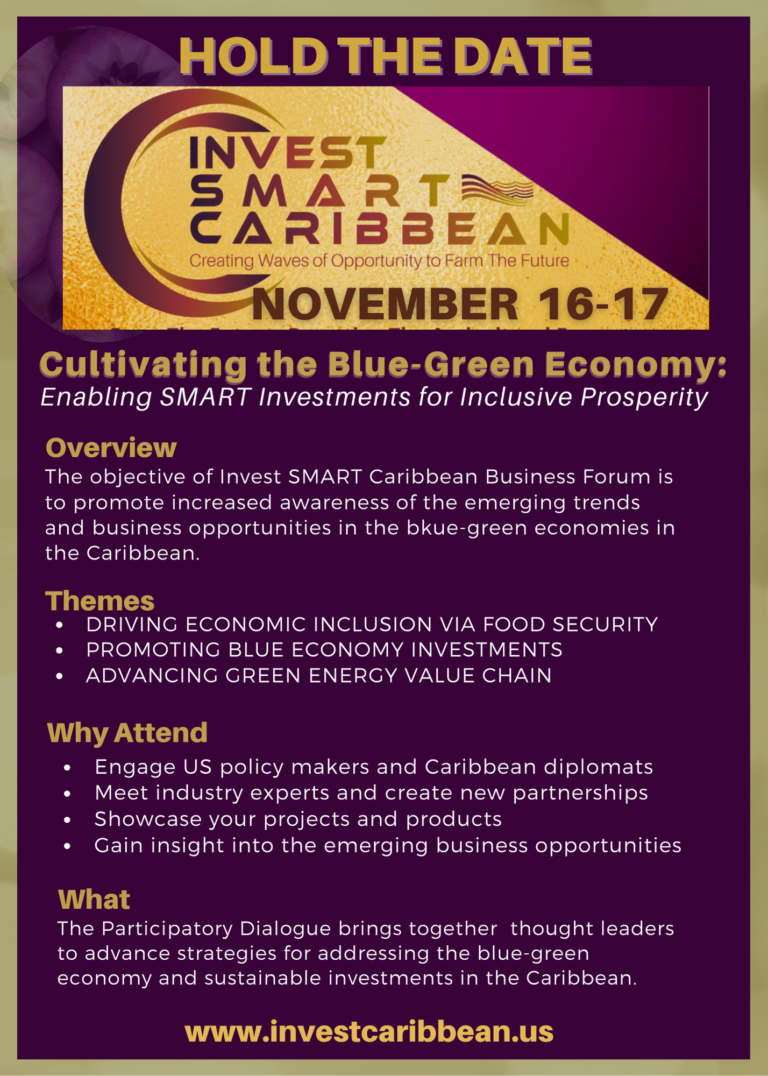
What are "smart islands" ?
“Smart Islands” is a concept that integrates information and communication technologies (ICT) with the unique challenges and opportunities presented by islands to improve their sustainability, resilience, and quality of life for their inhabitants. Essentially, the idea is to apply the principles of “smart” to island nation contexts. Here’s what characterizes smart islands:

Integrated Technologies
Smart islands incorporate technologies like the Internet of Things (IoT), artificial intelligence (AI), and advanced data analytics to optimize public services, enhance infrastructure, and improve overall living conditions
Resilience Building
Given the vulnerability of islands to climate change, smart technologies can be used to create infrastructure and systems that can withstand and adapt to changing environmental conditions.
Renewable Energy
Recognizing the high cost of importing fuel and the abundant natural resources available, smart islands often emphasize the adoption of renewable energy sources such as wind, solar, wave, and tidal energy.
Water Management
Using smart sensors and real-time data analysis, water consumption and distribution can be optimized. This is crucial for islands where freshwater might be limited.
Waste Management
Advanced waste management systems aim for reduced waste production, recycling, and innovative waste-to-energy solutions.
Sustainable Mobility
Smart islands might develop integrated transportation systems that prioritize electric or hybrid vehicles, shared transportation, and, in some cases, marine transportation solutions.
Enhanced Connectivity
High-speed internet and robust telecommunications infrastructures become vital to connecting island inhabitants to the broader world and fostering local economic growth.
Data-driven Decision-making
Real-time data from various sensors and sources allow for immediate responses to challenges and informed policy decisions.
Economic Diversification
Smart islands leverage technology to diversify their economies, moving beyond traditional sectors like tourism to fields like tech innovation, digital services, and research.
Environmental Monitoring
Advanced sensor networks monitor the local environment to provide early warnings for natural disasters, track the health of ecosystems, and guide sustainable land use.
Community Engagement
Engaging local inhabitants in decision-making, ensuring they have access to technology and its benefits, and enhancing their quality of life are fundamental aspects of the smart island approach.
Tourism Enhancement
Technology can also improve the tourist experience, from smart transportation solutions to digital platforms that enhance cultural and natural exploration
Ocean Management
Advanced sensor networks monitor the Caribbean Sea across all national EEZs as well as international waters to provide complete domain awareness of the maritime/marine nexus, track the health of marine ecosystems in the Caribbean Sea, monitor environmental health of offshore oil wells and guide sustainable management of the Caribbean Blue Economy.
Agenda
November 16, 2023
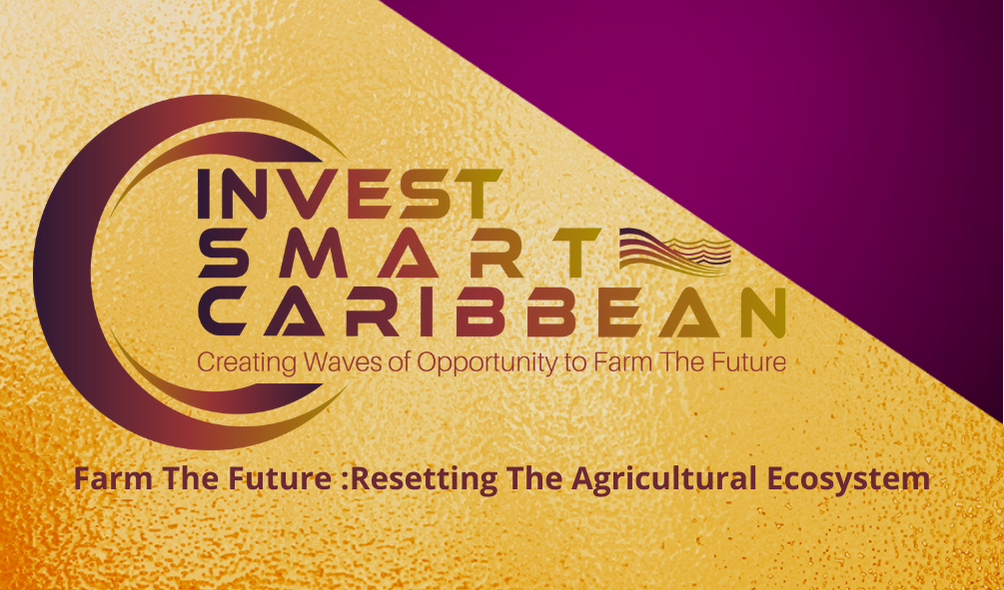
8:00 – 8:30 AM
REGISTRATION & COFFEE

10:30- 12:00 PM
ROUNDTABLE 1: Enabling Investments in the Blue Green Economy Ecosystem: Programmatic Agenda (MACRO Level)

8:30-9:00 AM
WELCOME & SETTING THE STAGE: What is the SMART Island | SMART Caribbean Initiative

12:00-1:00 PM
WORKING LUNCH LIGHTING TALKS: The Future We Want

9:00 – 10:20 AM
OPENING PLENARY: Resetting the Future Via PACC 20230 – The Policy Agenda (META Level)

1:00-2:30 PM
ROUNDTABLE 2: Technical Assistance & Partnerships for Policy & Governance of Blue Green Economy and/or Ecosystem Infrastructure –i.e. Climate Resilience and Disaster Mitigation, Energy, Mobility, Water (MICRO Level)

10:20- 10:30 AM
COFFEE BREAK

2:30- 3:00 PM
CLOSING PLENARY: Where do we go from Here?
Agenda
November 17, 2023

8:00 – 8:30 AM
REGISTRATION & COFFEE

10:40- 12:20 AM
ROUNDTABLE 4: Opportunities and Options for a SMART Blue-Green Economy | Driving Inclusive Economic Growth – Programs & Projects

8:30- 9:00 AM
WELCOME & SETTING THE STAGE: SMART Caribbean | SMART Islands|

12:30-2:00 PM
WORKING LUNCH & VOICES FROM THE FIELD – The Architecture of a SMART Caribbean: Systems and Strategies)

9:00 - 10:30 AM
ROUNDTABLE 3: Opportunities and Options for a SMART Blue-Green Economy | Enabling Inclusive Economic Growth for the Caribbean – Programs & Projects

2:00- 3:30 PM
ROUNDTABLE 5: Financing the Deal – Opportunities and Options for Programs and Projects

10:30-10:40 AM
BREAK

3:30 -4:00 PM
WHERE DO WE GO FROM HERE?
Our Speakers
Co-Chairs
Featured Articles
USAID ANNOUNCES $331 MILLION IN FOOD SECURITY AND HUMANITARIAN ASSISTANCE FOR LATIN AMERICA AND THE CARIBBEAN
Food insecurity in Latin America and the Caribbean is increasing...
Export of Services – The next frontier for Caribbean Business
Caribbean economies have largely been primary producers with a focus...
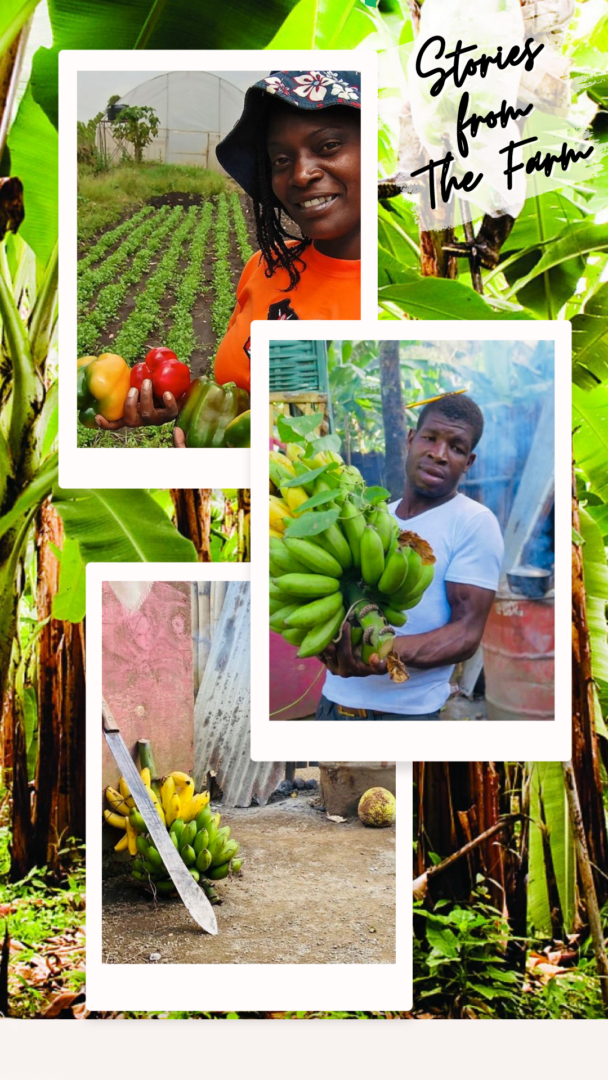
HIGHLIGHTING STORIES FROM FARMERS NEAR AND FAR
WHAT’S NEW IN FARM TECH
NEW FARMING TECHNIQUES
HARVEST
CLIMATE CHALLENGES
AGRI TOURISIM
HIGHLIGHTING STORIES FROM FARMERS NEAR AND FAR
Resources
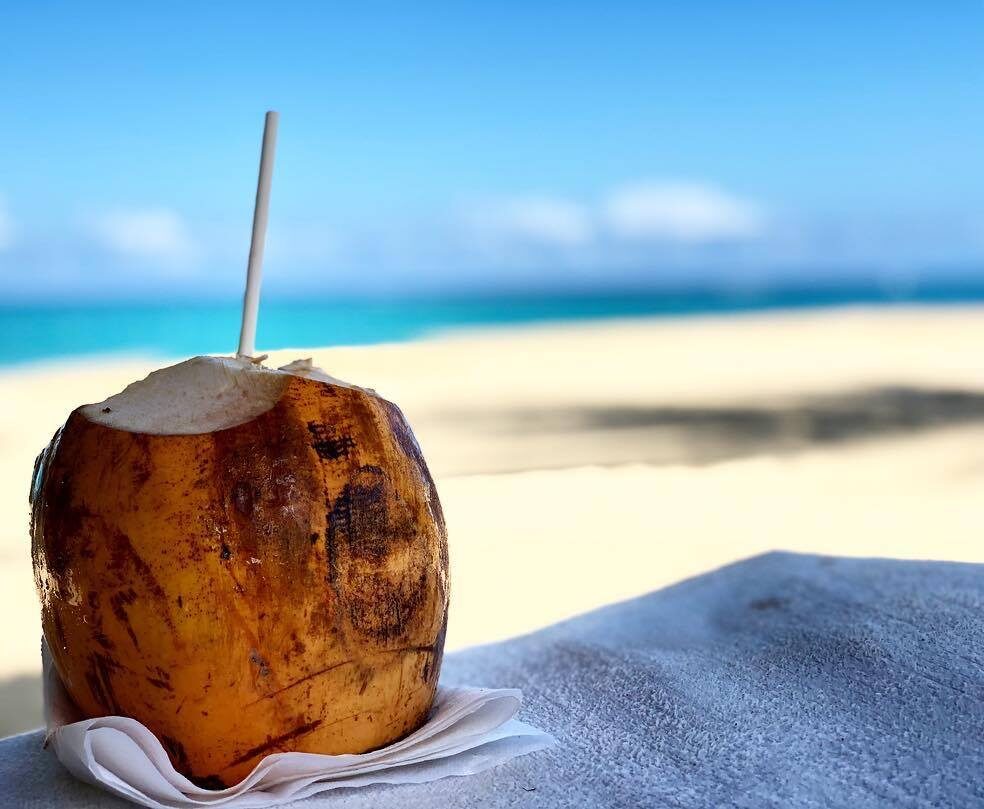
Agriculture was the first occupation of man, and as it embraces the whole earth, it is the foundation of all other industries. JOHN F. KENNEDY
AGRI EXPORTS
Food, Farm, (Pharm)aceuticals
Exports of primary agricultural commodities accounted for about 16 percent of total exports in 2020 and processed agricultural products for an additional 14 percent. The sector supports an estimated 150 000 rural families and is the country’s second largest employer of labour.

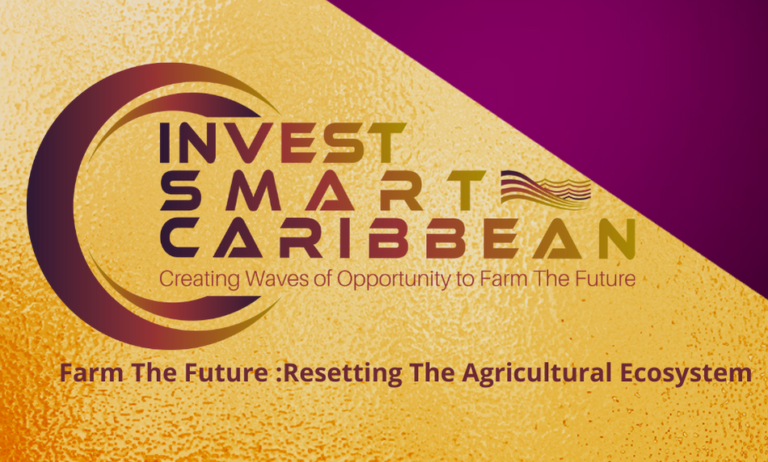
Contact Us
Institute of Caribbean Studies
Washington, DC
